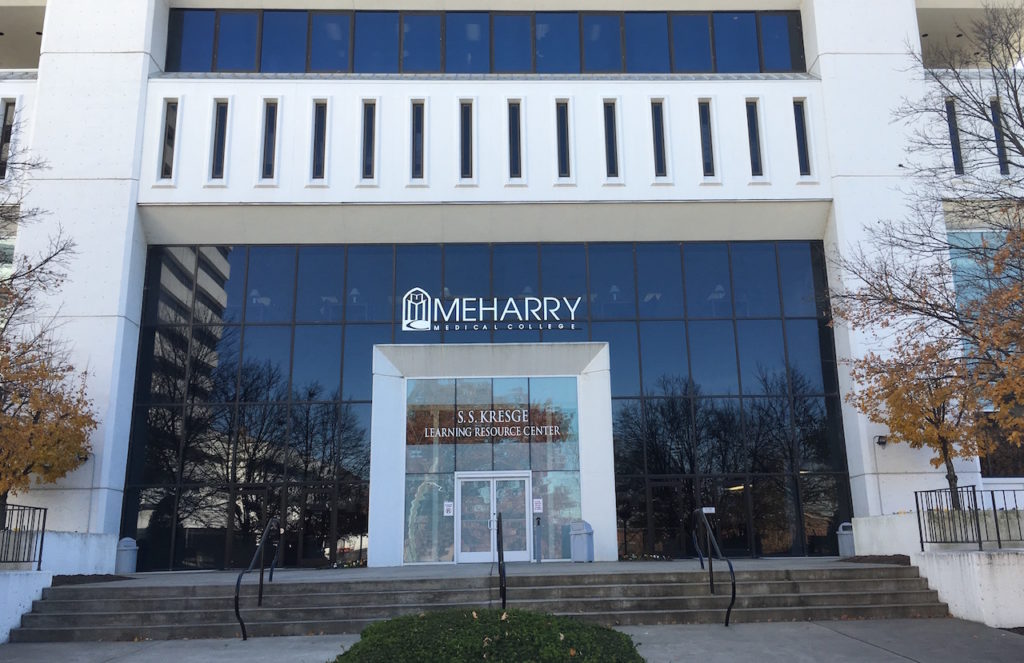
Nashville General Hospital and Meharry Medical College are pooling all of their patient data over the last 10 years and making it available to researchers. The data set is meant to provide insight into local health challenges and broader racial disparities.
General Hospital and Meharry have a trove of 3.5 million medical and dental records scrubbed of identifying information. And it’s unique, as data sets go, because Caucasians are usually over-represented in research.
“We didn’t purposefully go out to get African American data. That’s who we serve,” says Amy Andrade, assistant vice president of research and leader of the project at Meharry. “We do want to focus on social determinants of health.”
Race isn’t a biological factor in many diseases. But there is a correlation with social factors. And the area surrounding the Meharry campus has big challenges, like a
lower life expectancy. The surrounding zip code even stands out nationally for
how many residents end up incarcerated.
“Maybe we can finally, for once…get to the root of what’s going on in 37208,” Andrade says.
The database is part of a new Data Science Institute at Meharry, which will start offering a certificate program next year. The program plans to target research on chronic diseases that disproportionally affect poor and minority populations, including cardiovascular disease, hypertension, diabetes and obesity.
Some of the initial findings show that in the last five years, nearly one-in-five Meharry and Nashville General patients have been diagnosed with either hypertension or diabetes.
The data set, which took nearly three years to build, is actually what’s known as a “data lake.” And beyond the medical records, it pulls in local social media posts from Twitter and Facebook as well as social determinant data to help create predictive models. It’s the same way
Amazon knows what someone might want to buy.
“Big data is shaping the future of health care education, innovation and delivery, and Meharry students, faculty and partners now have a diverse and deep well of medical, social and environmental data at our fingertips,” Meharry president James Hildreth said in a written statement. “This unique and growing database will inform and enhance our mission to identify, analyze and address the health challenges facing minority and underserved populations.”


